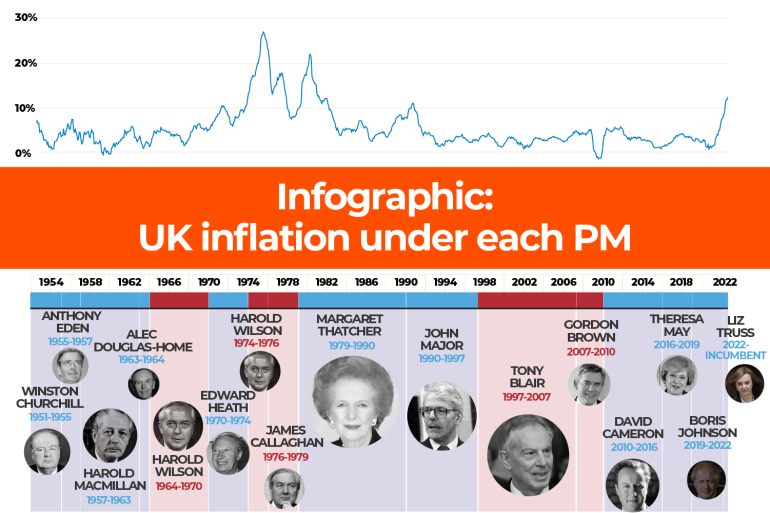Navigating the UK Inflation Landscape: Trends and Insights


Deciphering Trends: Navigating the UK Inflationary Environment
The economic landscape in the United Kingdom is subject to various factors, with inflation being a key metric that influences financial decisions on both individual and national levels. In this article, we delve into the dynamics of the UK inflationary environment, exploring trends, insights, and the implications for businesses and consumers alike.
Understanding Inflation in the UK
Inflation, the rate at which the general level of prices for goods and services rises, is a critical economic indicator. In the UK, it is measured by the Consumer Prices Index (CPI) and the Retail Prices Index (RPI). Understanding the nuances of these indices is essential for grasping the inflationary environment and its impact on the cost of living.
Factors Driving Inflation Trends
Various factors contribute to the inflationary environment in the UK. Fluctuations in currency exchange rates, changes in commodity prices, and shifts in demand and supply dynamics all play a role. Additionally, domestic factors such as wage levels and government policies contribute to the overall inflationary picture.
Impact on Consumer Spending and Purchasing Power
The inflationary environment directly affects consumer spending patterns and purchasing power. When prices rise, consumers may experience a decline in their real income, potentially leading to changes in spending behavior. Understanding these shifts is crucial for businesses in adapting their strategies to the evolving economic landscape.
Challenges for Businesses and Entrepreneurs
Businesses, particularly small and medium-sized enterprises (SMEs), face challenges in navigating an inflationary environment. Rising operational costs, including increased prices for raw materials and energy, can squeeze profit margins. Businesses need to adopt proactive measures such as cost management and strategic pricing to withstand these challenges.
Investment and Monetary Policy Considerations
In an inflationary environment, investors and policymakers closely monitor economic indicators to make informed decisions. Central banks, including the Bank of England, may adjust interest rates and implement monetary policies to control inflation. Investors, on the other hand, may reassess their portfolios and investment strategies in response to changing economic conditions.
Real Estate Market Dynamics
The UK real estate market is intricately linked to inflation trends. While inflation can contribute to rising property values, it also poses challenges for potential homebuyers. Mortgage interest rates, influenced by inflation and monetary policies, play a significant role in shaping the accessibility of housing finance.
Navigating the Business Cycle
Understanding the UK inflationary environment is crucial for businesses as they navigate different phases of the business cycle. During periods of economic expansion, inflation may rise, influencing strategic decisions such as expansion plans, hiring, and pricing strategies. Conversely, during economic downturns, businesses may face the challenge of balancing competitiveness with cost pressures.
Consumer Debt and Financial Planning
Inflation has implications for consumer debt and financial planning. Borrowers may experience changes in the real value of debt, impacting repayment dynamics. Financial planning strategies need to account for inflation to ensure individuals and households can maintain their financial well-being over the long term.
Long-Term Economic Sustainability
Analyze the inflationary environment is vital for assessing the long-term economic sustainability of the UK. Policymakers aim for a delicate balance, fostering economic growth without allowing inflation to spiral out of control. Striking this balance requires a nuanced understanding of economic indicators and a proactive approach to policy formulation.
UK Inflationary Environment: Navigating the complexities of the UK inflationary environment requires a comprehensive understanding of economic indicators and their implications. Businesses, policymakers, and individuals alike must stay informed and adaptable to thrive in an ever-changing economic landscape.








